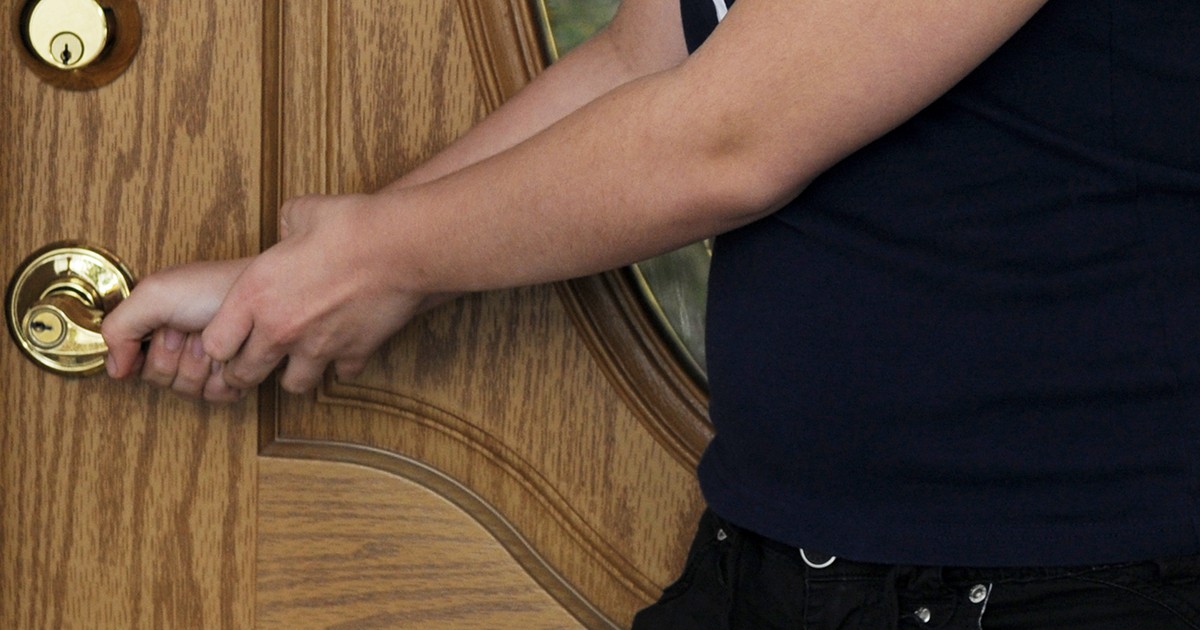
By James King
Mothers can tell from the twist and release
of the knob and the silent sound of air
pushed impatiently aside exactly who
it is. That day, it was me.
She was at the kitchen table writing, probably,
thank-you notes for dinners delivered or cards
sent or solicitations made. She turned: pancake
and rouge and a bull’s-eye of red on pale ivory.
Fifteen is an exciting age if your mother is dying.
When free of siblings, free of father, you and you
alone are the focus of all slow nods, all sad eyes,
all whispers, all that delicious, piteous pity.
I had expected Green Giant waxy yellow
skin. I had expected blue housecoat and pilled
slippers. I had not expected a blouse of bright
floral patterns, a scarf around her neck just so.
I had expected signs of my future need for bravery.
But what I saw was hair at the temples swept back,
brittle wings of auburn and gray that bragged
of recent, determined flight to the beauty parlor.
I told her she looked good. And she did. But she
heard the betrayal as clearly as any twist and release.
She smiled, nonetheless, with a hesitation that told
me she regretted that she would never be able to heal
the permanent bull’s-eye to the heart. She pretended
she hadn’t seen, hadn’t heard, hadn’t known me
better than I knew myself as she asked, as she had
hundreds of times before: How was school?